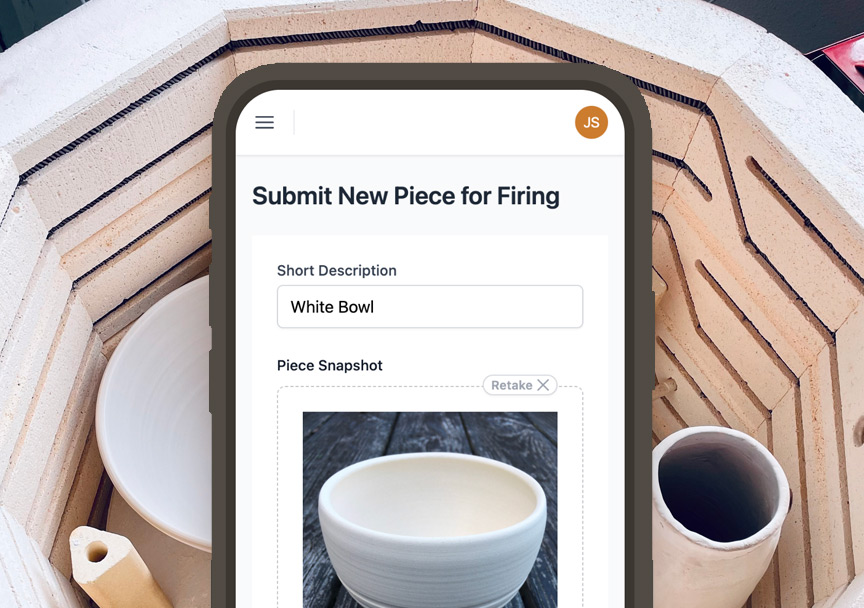Finding the perfect space to house your ceramics studio is a critical step in setting up your pottery business. The right rental location can lay the foundation for your success. Here's what you should consider when evaluating potential spaces:
Understanding Your Size Requirements
The size of your studio will depend largely on your focus. If you're planning on teaching small classes, aim for a space between 1000-1500 square feet. This should provide ample room for worktables, wheels, storage, kilns, and an office. High ceilings, ideally at least 10 ft, are preferred for ventilation. If you can find a space with an outdoor area for a courtyard workspace, that's a major bonus.
Prioritizing Accessibility
Convenient parking is essential for your students. Prominent signage and visibility from the street are key to attracting passersby. A location on a main road or highway is preferable over tucked-away locations. Avoid spaces up flights of stairs or with other tricky access points.
Navigating Zoning Regulations
Industrial or commercial zoning is best as it allows for loud equipment and odors. Make sure ceramics studios are permitted - some residential zones may prohibit them. If noise or emissions are restricted, your studio activities may be limited.
Checking Utility Infrastructure
Your studio will need a lot of electrical power, especially for the kilns. Make sure there is sufficient capacity - you may need a 200 amp service or higher. Proper ventilation for the kilns is also a must. If you're using gas-fired kilns, access to natural gas lines is ideal.
Considering Affordability
Finances are always tight when starting a new business, so rental costs are critical. Older raw industrial spaces often offer lower rates than polished retail spaces. Prioritize a usable layout and square footage over luxury finishes. Negotiate multi-year leases for stability and potentially lower rates.
Evaluating the Surrounding Community
Your students will likely come from the surrounding residential areas. Research area demographics - is there a target audience nearby? Being part of an artsy, creative neighborhood is ideal. Look for complementary businesses that could refer customers.
Looking at Amenities & Parking
Access to public transit expands your potential student radius. Having parking available, either on-site or nearby, is very important for students transporting projects. If you're renting a warehouse unit, bathrooms must be accessible for students.
Assessing Build-Out Requirements
Most raw industrial spaces will require investments to make them usable. Factor in expenses like floor sealing, lighting, drywall, bathroom installation, etc. Make sure the landlord is amenable to you making significant changes.
Planning for Growth Potential
Look for spaces where you can easily expand your footprint if needed. Consider renting more square footage than you absolutely need upfront to allow for growth. Or ensure you can move to a larger unit in the same facility down the road.
The perfect ceramics studio space does exist if you look carefully and plan ahead. Don't settle for a space that will limit your business's potential just because of cost or convenience. This decision is too important! Take your time finding the ideal rental spot. Your future students - and your business - will thank you.

.png)
